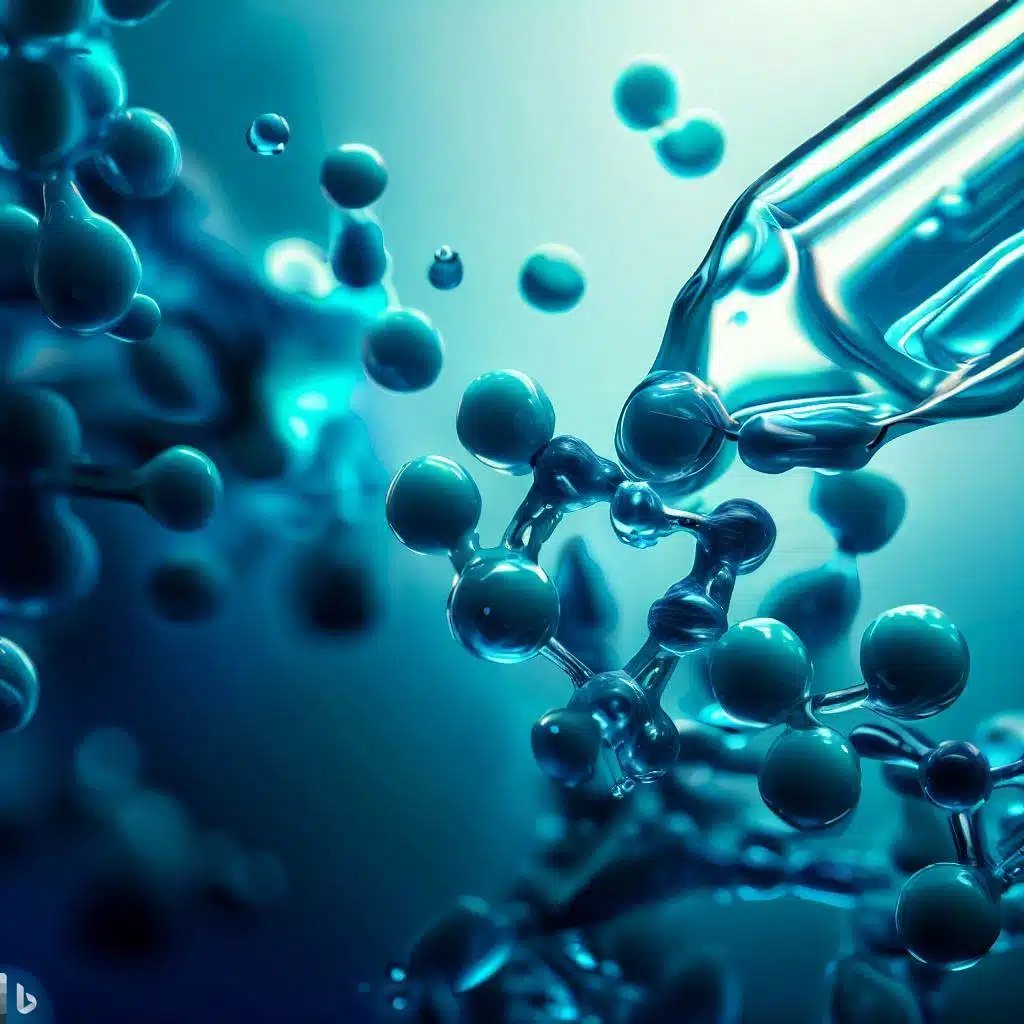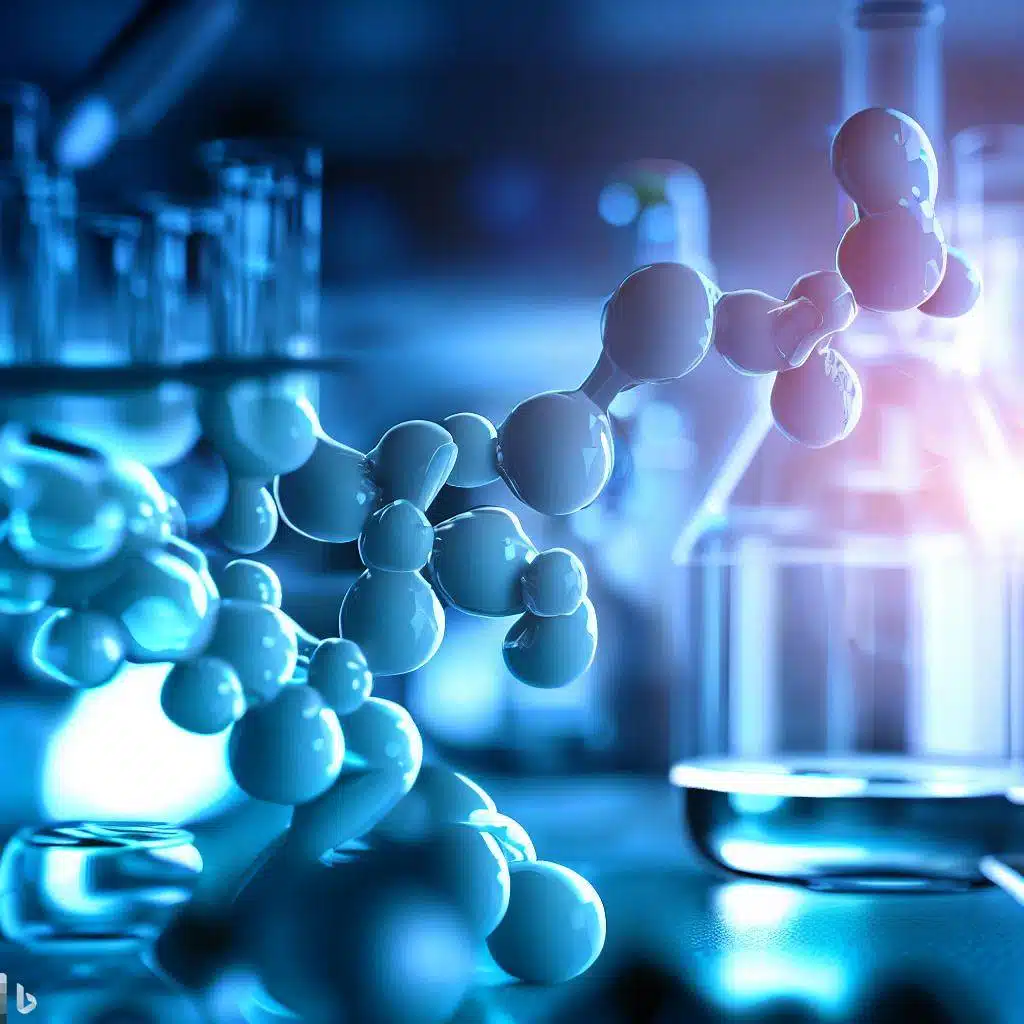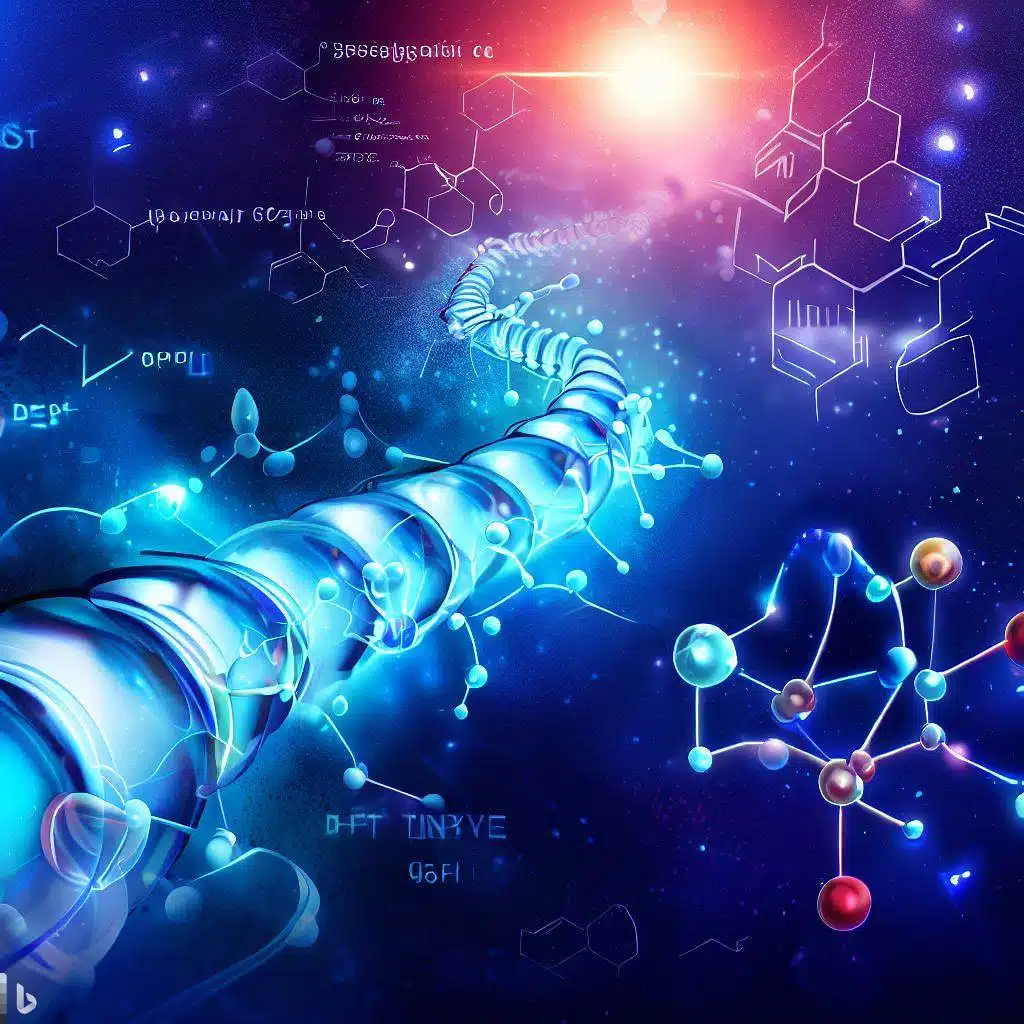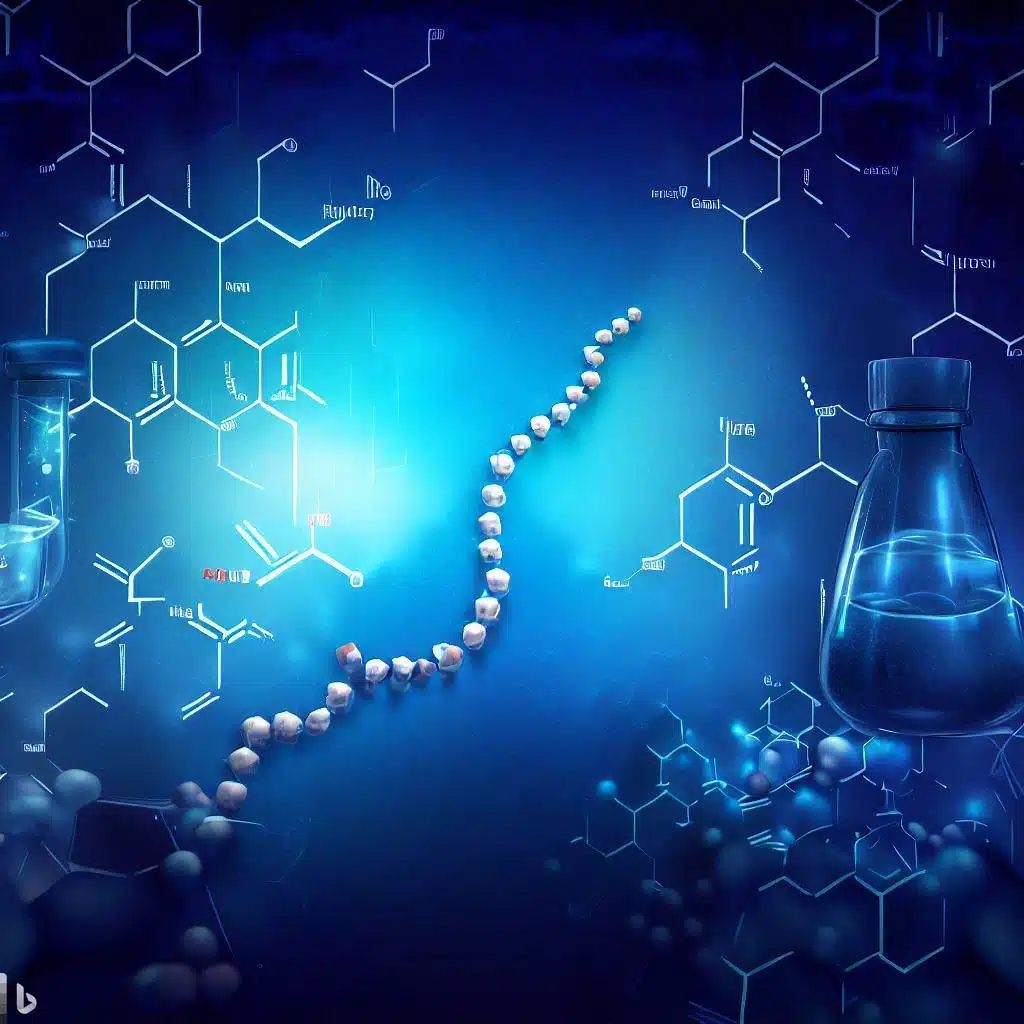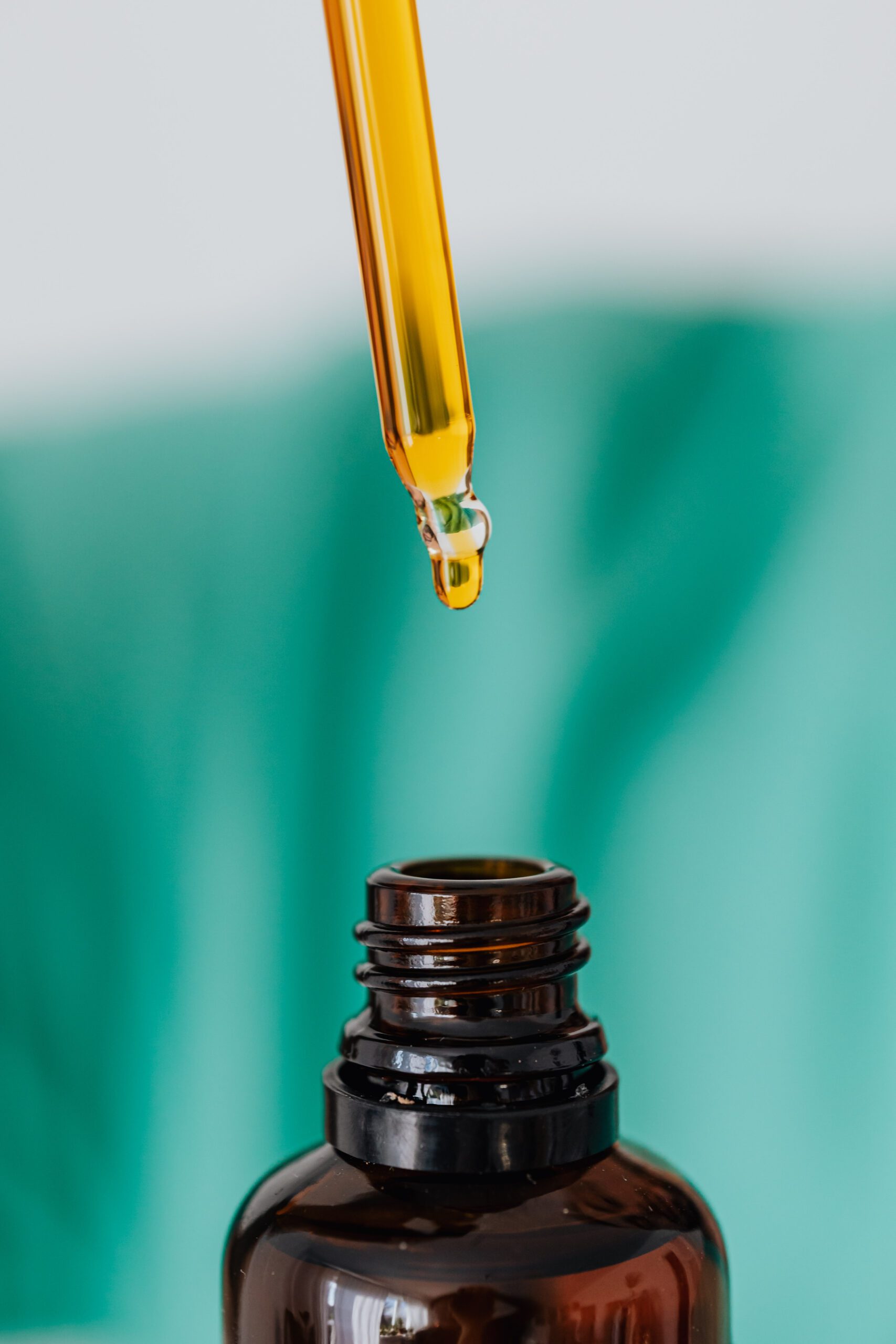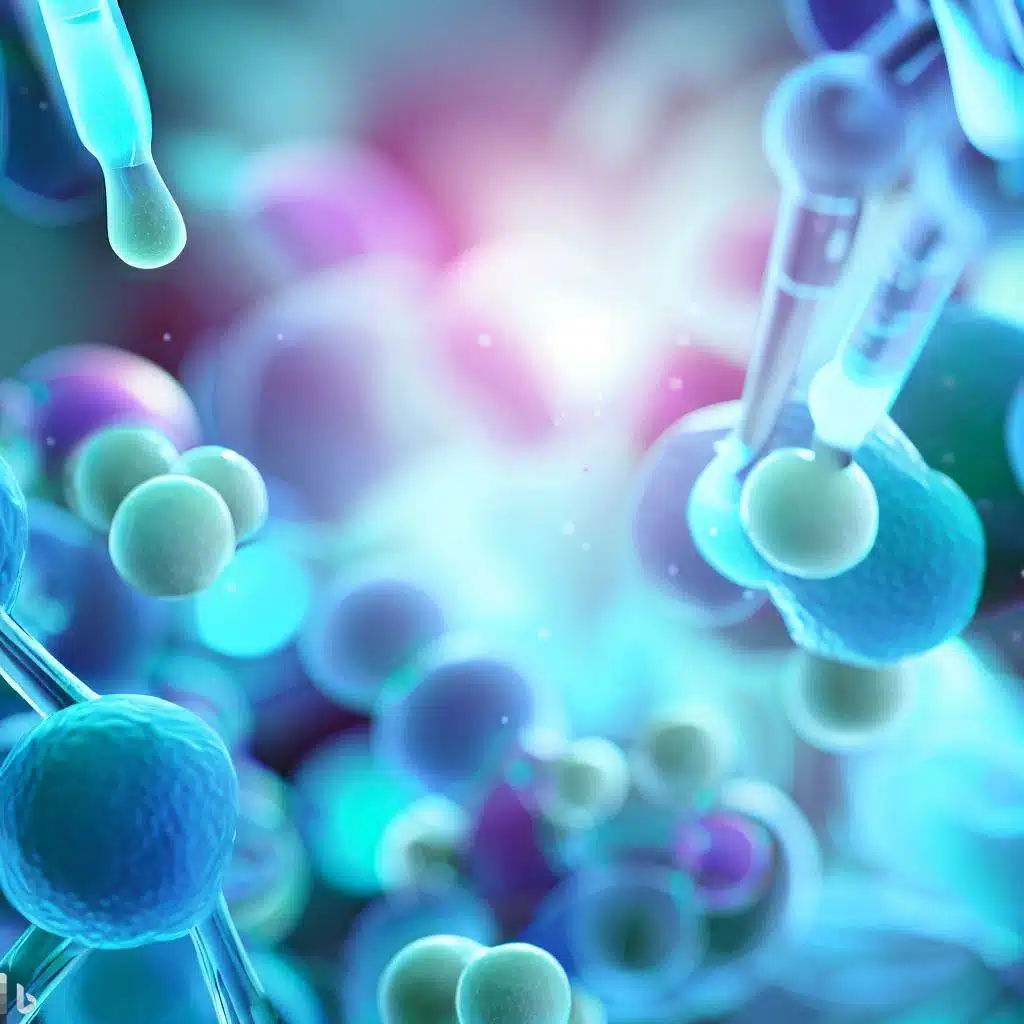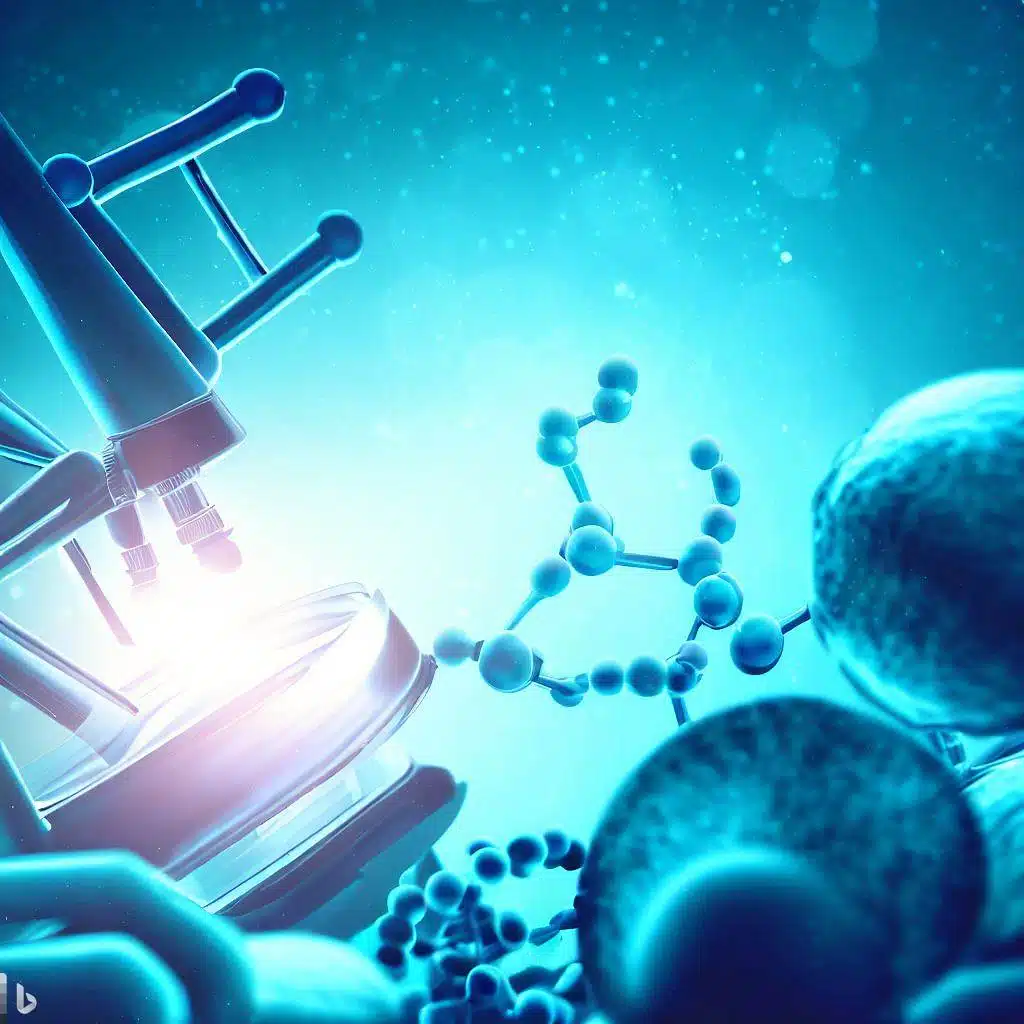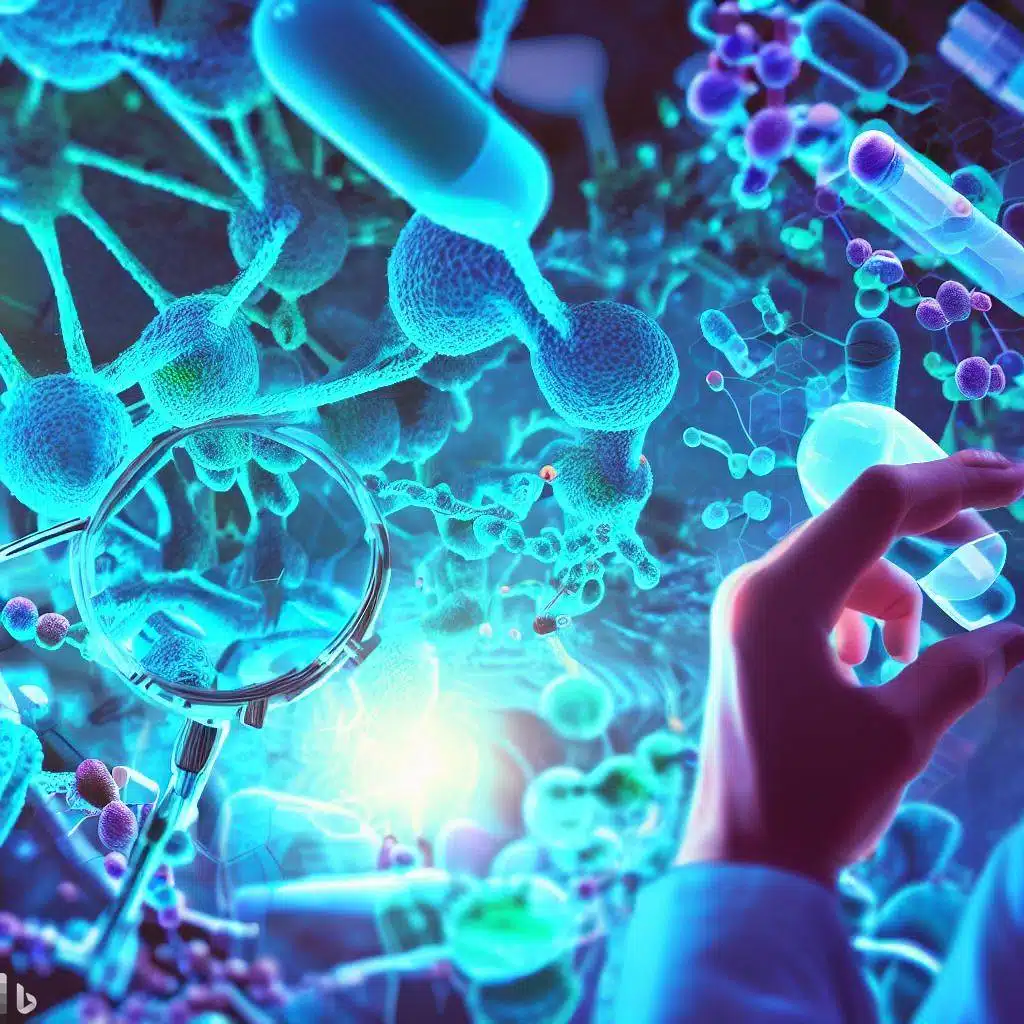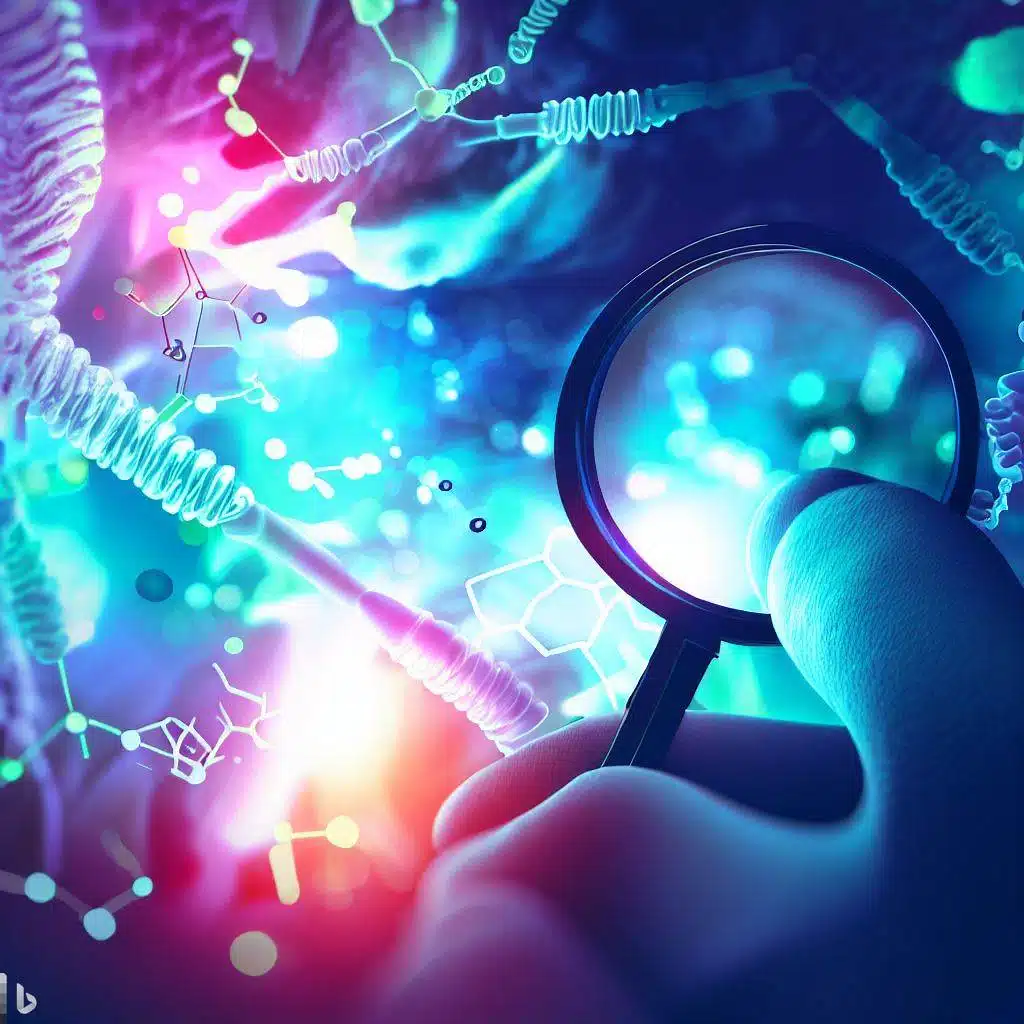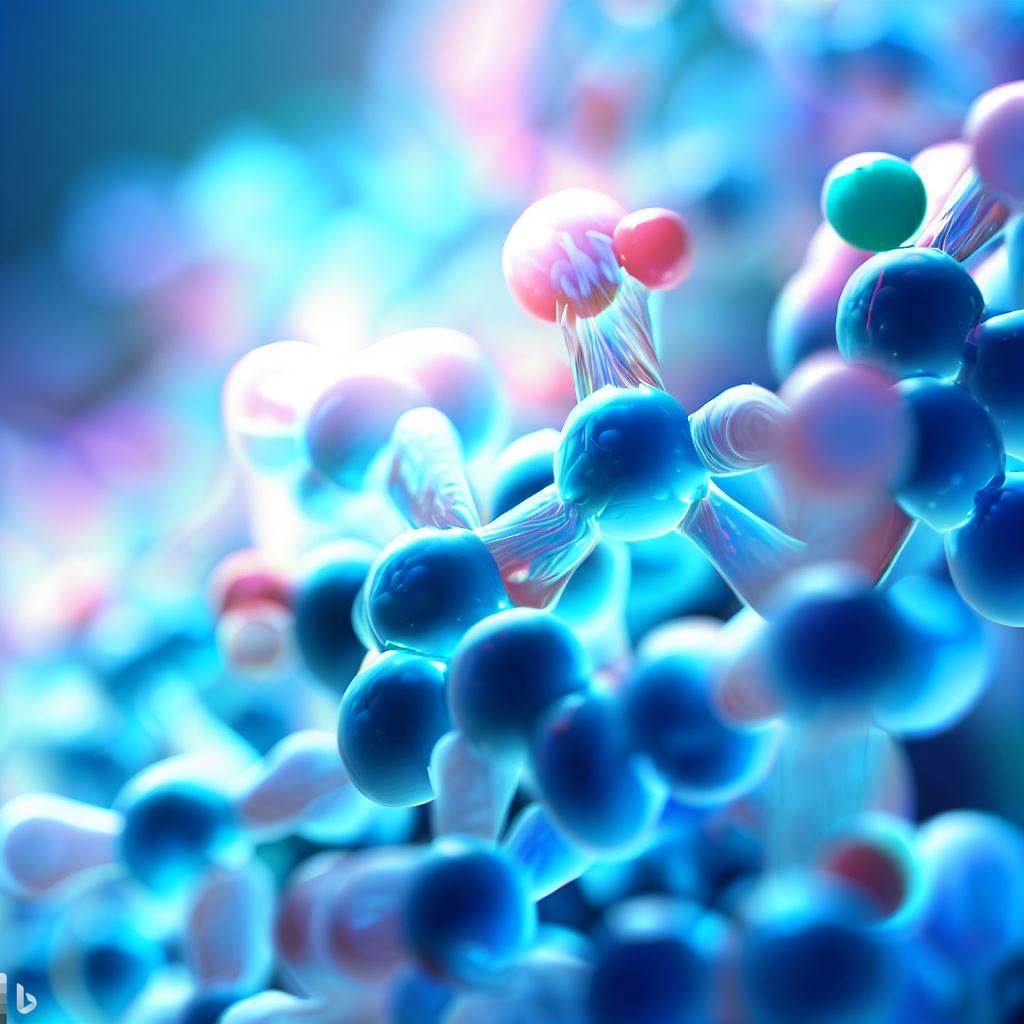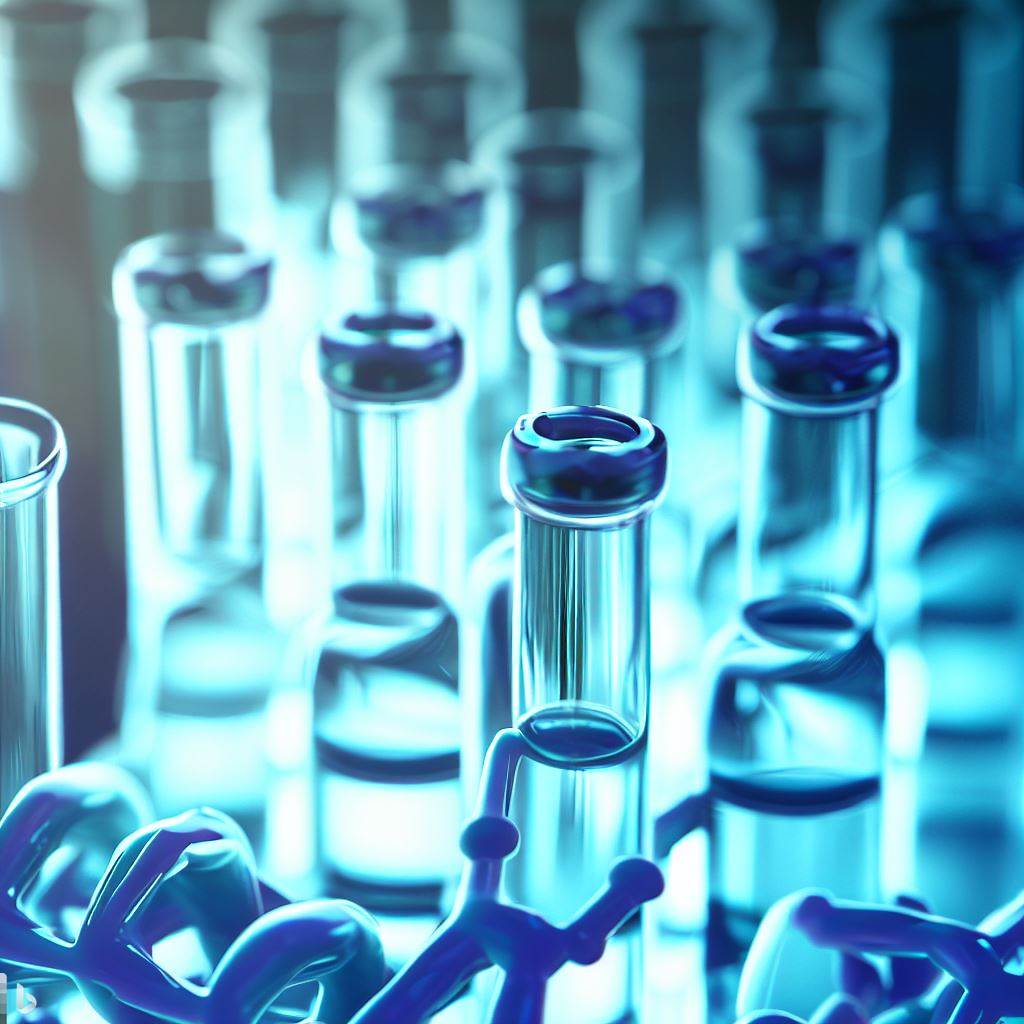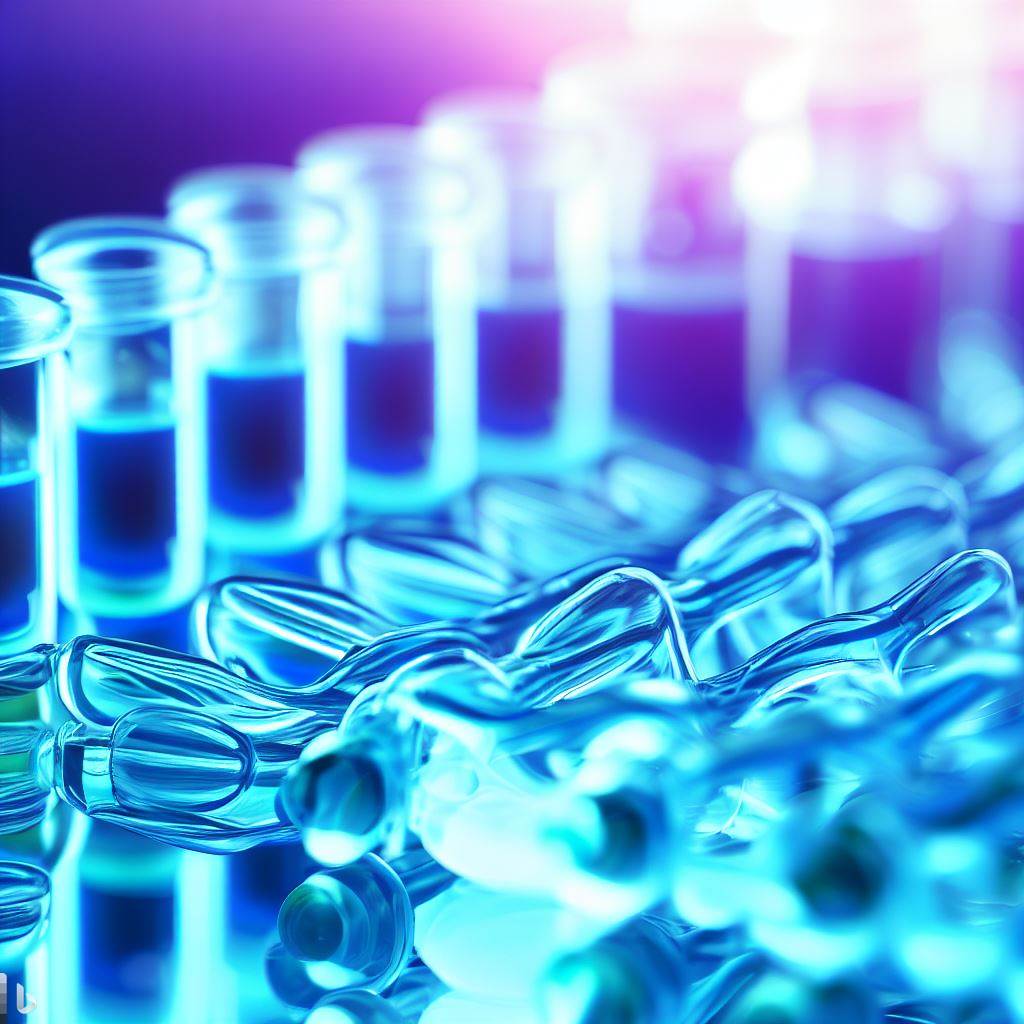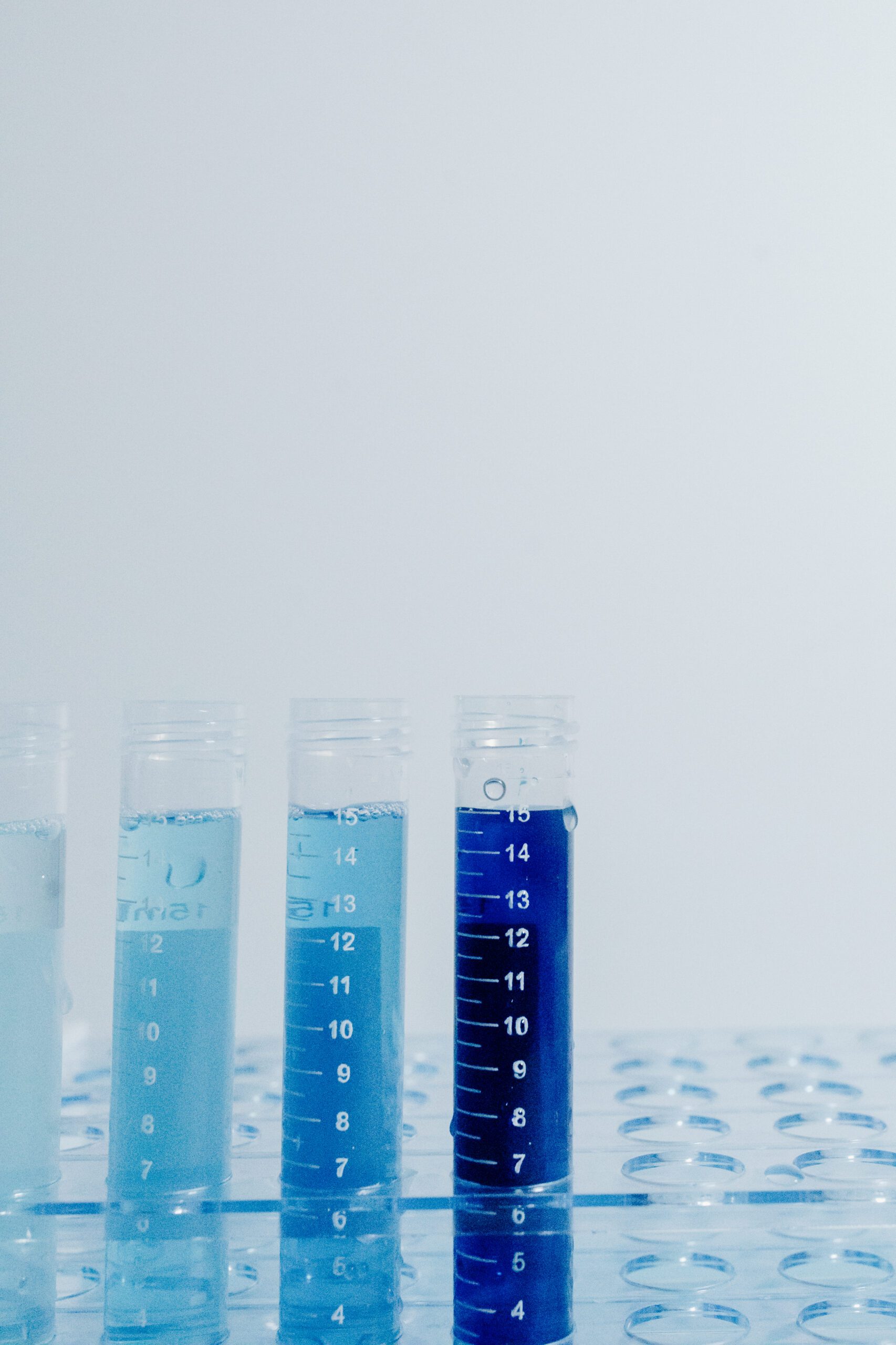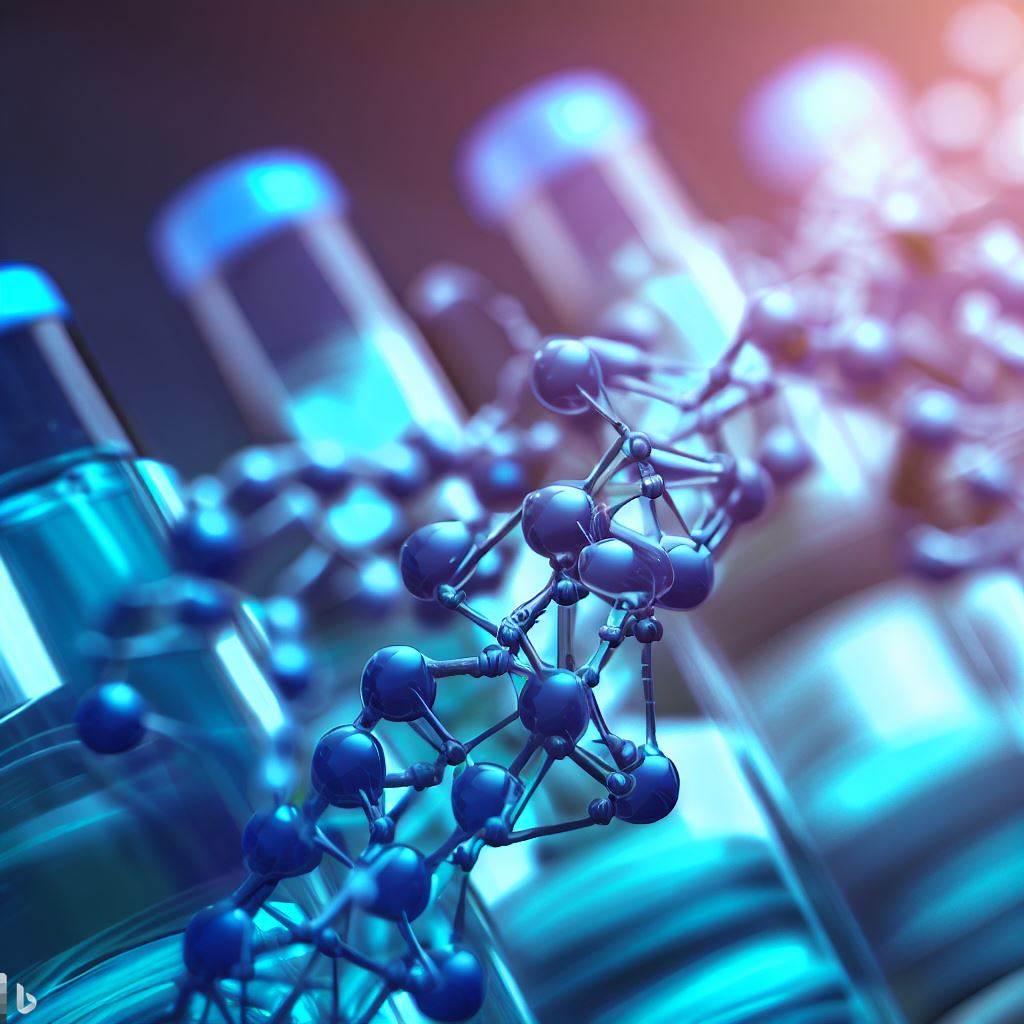They have been used in the treatment of cancer, cardiovascular diseases, metabolic disorders, and infectious diseases. Peptides can be designed to mimic natural proteins or disrupt specific protein-protein interactions, leading to the development of targeted therapies. They can also be used as delivery systems for other drugs or imaging agents, enhancing their efficacy and specificity.
Some key points about the applications of peptides in therapeutics include:
– Peptides have been used in the treatment of various diseases.
– They can mimic natural proteins or disrupt specific protein-protein interactions.
– Peptides can be used as delivery systems for other drugs or imaging agents.
Overall, peptides play a crucial role in clinical research by offering diverse therapeutic applications and potential as targeted therapies. Their ability to modulate biological functions and specifically target disease-related proteins or pathways makes them valuable tools in drug discovery and development. Additionally, peptides have shown promise as therapeutic agents in various diseases and can enhance the efficacy and specificity of other drugs or imaging agents.

